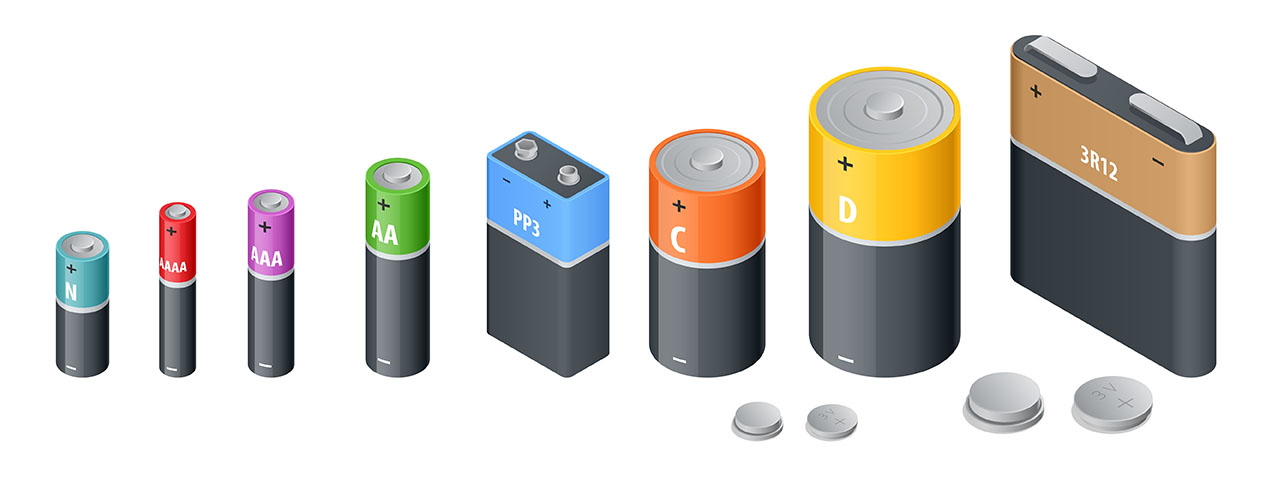
< Back
battery
Definition
A battery is a device that converts chemical energy into electrical energy. Batteries are used to power a wide variety of devices, including cell phones, laptops, and cars.
Batteries are made up of two or more electrochemical cells. Each cell contains a positive electrode, a negative electrode, and an electrolyte. The electrolyte is a substance that allows electrons to flow between the electrodes.
When a battery is connected to a device, the chemical reaction between the electrodes and the electrolyte produces electrons. These electrons flow through the device, providing it with power.
Batteries come in a variety of shapes and sizes. They can be small, like the batteries that power cell phones, or large, like the batteries that power cars.
Batteries are an important part of our everyday lives. They allow us to use devices that would not be possible without them.
How can the word be used?
The battery in my laptop is running low.

Different forms of the word
Noun:
- battery (a group of cells connected together to produce electricity).
- battery (a container of chemicals that produces electricity).
- battery (a group of weapons).
Adjective:
- battery (of or relating to batteries).
Verb:
- to battery (to assault someone physically).
Etymology
The word "battery" as in the device that stores electrical energy comes from the Italian word "batteria", which means "a group of artillery pieces". The Italian word "batteria" is derived from the Latin word "battuere", which means "to beat".
Question
What are batteries used for?
AQA Science Exam Question and Answer
Question:
Define a "battery" and explain its role in an electric circuit. Describe the basic working principle of a battery and its significance in powering electronic devices.
Answer:
A "battery" is a device that stores and provides electrical energy through chemical reactions. It consists of one or more electrochemical cells connected together.
In an electric circuit, a battery acts as a source of electrical potential difference (voltage). When connected to a closed circuit, the battery's positive terminal provides electrons, while the negative terminal receives electrons from the circuit. This creates a flow of charge (electric current) in the circuit.
The working principle of a battery involves chemical reactions that occur inside the cell. These reactions produce a buildup of charges on the battery's terminals, creating an electric potential difference. This potential difference allows electrons to flow through the circuit, powering electronic devices connected in the circuit.
Batteries are crucial in powering various electronic devices, such as smartphones, laptops, flashlights, and remote controls. Their portable nature and ability to supply a consistent source of electrical energy make them essential for everyday use in modern life.